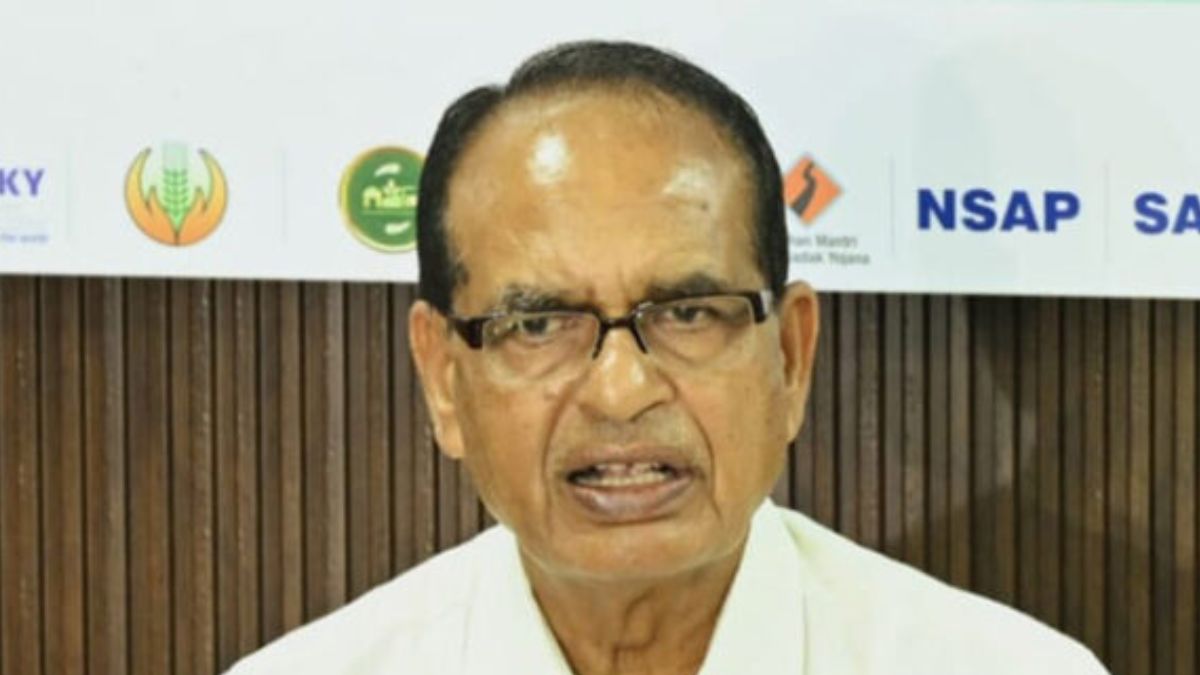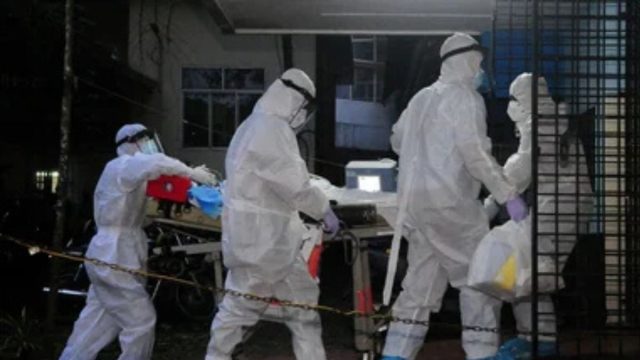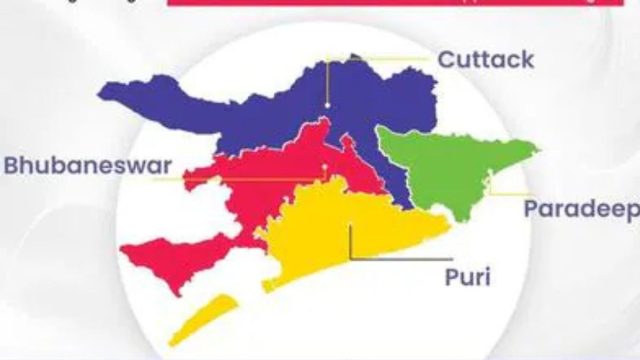In order to guarantee higher quality and accountability in agricultural education, Union Agriculture Minister Shivraj Singh Chouhan requested the Indian Council of Agricultural Research (ICAR) to implement a grading system for agricultural institutions and colleges on Monday. He stressed that because “the nation’s food security depends on it,” agricultural studies must be conducted with the same seriousness and professional rigor as engineering and medicine.
Chouhan stated that the students of the Indian Agricultural Research Institute (IARI), located in New Delhi, hold the key to the future of Indian agriculture. Agriculture provides food security and feeds the country. Even while we are now self-sufficient in the production of wheat, rice, fruits, vegetables, milk, and fish, there are still significant deficiencies in agricultural education, he stated. In order to evaluate the quality of instruction and promote healthy competition, the minister stated that the time has come to implement a grading system for agricultural universities.
To determine where we stand, we need to establish unambiguous benchmarks. It is important to acknowledge good institutions and motivate others to do better. There can be no advancement without competition. Just as IITs are renowned for particular engineering fields, each agricultural university ought to establish its own area of expertise. The top college for horticulture, animal husbandry, or agri-engineering should be known to students, he stated. Mangi Lal Jat, director general (DG) of ICAR, stated that a more robust system is required to guarantee quality standards at agricultural universities.
To encourage healthy competition among these schools, we are working on implementing a grading system that will evaluate them based on factors like technology integration, entrepreneurship, and the quality of teaching and learning, Jat told HT.
In his speech, Chouhan also urged states to fill open faculty positions, pointing out that the quality of instruction is being impacted by the large number of new agriculture colleges that have opened yet have unfilled professor seats. “How will students receive meaningful education if there is no adequate staff?” he asked, adding that he would write to all chief ministers to make sure that positions in state agriculture universities are filled as soon as possible.
Faculty shortages in agriculture universities continue to be a significant issue, according to ICAR DG Jat, with openings “ranging from 15% to 85% in some universities.” Chouhan also emphasized the need for India to go beyond the production of primary crops and the connection between agricultural education and innovation, value addition, and entrepreneurship. In order to support global nutrition and sustainability as well as our own food security, India must work to become the world’s food basket.
According to him, education in agriculture and related fields should enable students to transform their own lives and, in turn, the planet. Over 3.5 lakh students are enrolled at 74 Agricultural Universities (AUs), which include 63 State Agricultural Universities (SAUs), 3 Central Agriculture Universities (CAUs), 4 deemed universities, and 4 Central Universities with agriculture faculty.




